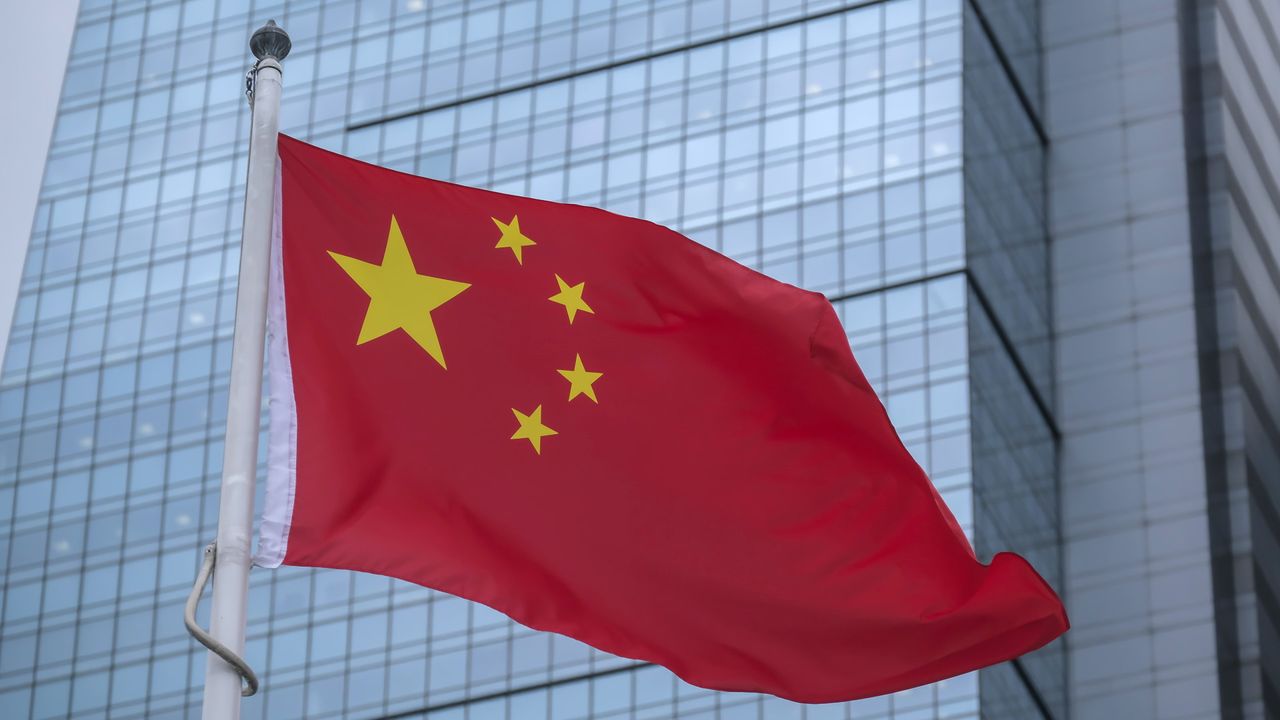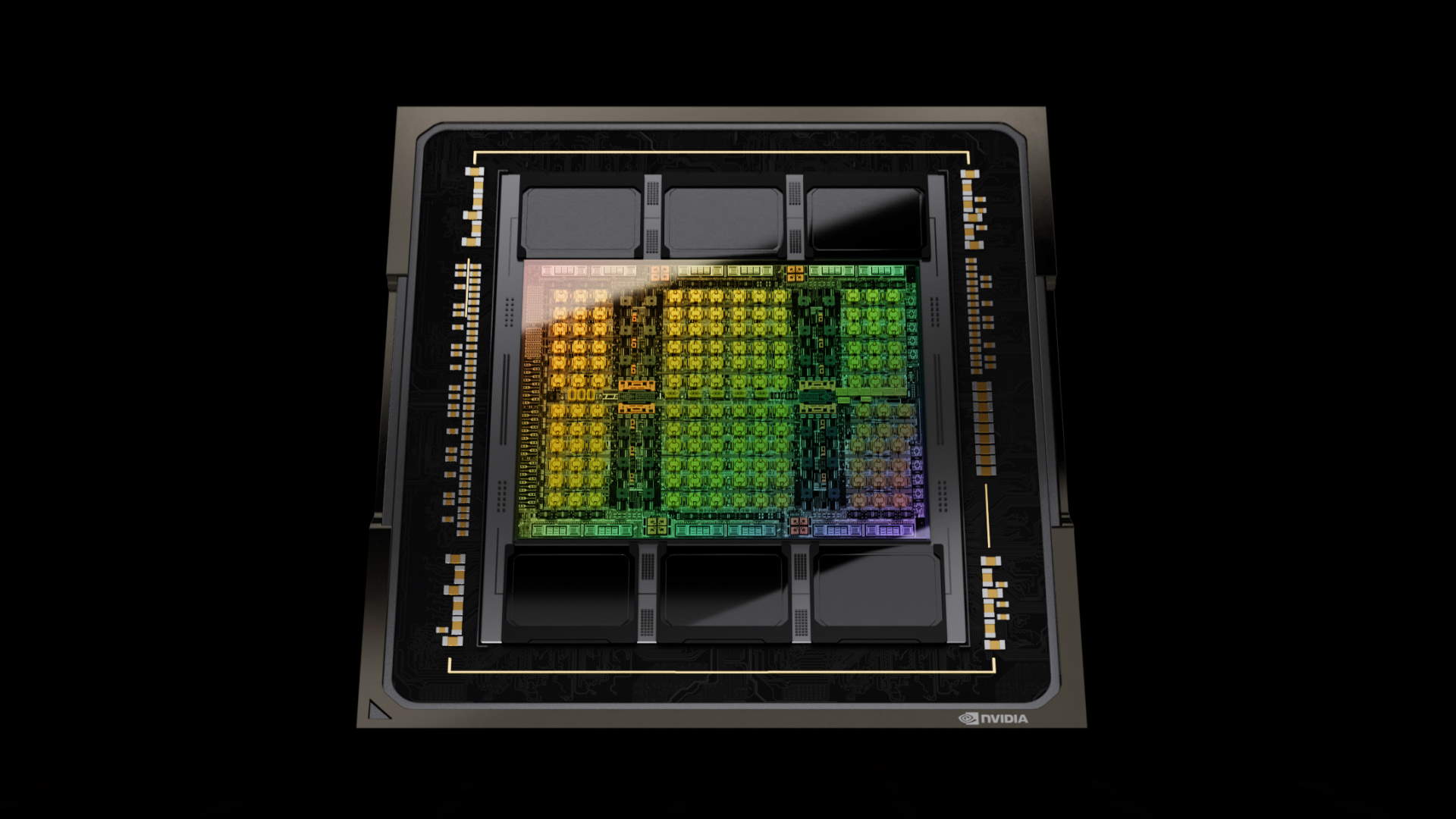
The Chinese government has reportedly mandated that its domestic data center operators nationwide should source more than 50 per cent of their chips from domestic producers.
The mandate is said to have originated in guidelines proposed last March for the Shanghai municipality, which stipulated that “adoption of domestic computing and storage chips at the city’s intelligent computing centres should be above 50 per cent by 2025" (via the South China Morning Post).
According to the SCMP, a source working as an adviser in the data center industry told the outlet that the Shanghai chip quotas for the city's data centers had since become a mandatory nationwide policy.
In the great AI race, China is often viewed to be somewhat behind when it comes to computing power, despite efforts in recent years to build more than 500 new data centers across the country. Sources have told the SCMP that while Chinese chips are considered "usable" in inference training for AI models within these facilities, Nvidia chips are still the go-to choice.
While the US government has recently decided to grant licenses to Nvidia to sell its H20 GPUs to the country once more, a requirement of 50% or more all-Chinese chips would likely affect potential sales—although given the rate of expansion and the apparent popularity of Nvidia hardware in the country, I'd say it was still likely to shift a fair few units to Chinese shores.

The SCMP also reports that data centers are facing adaptation challenges in integrating Nvidia's hardware with domestic solutions. Nvidia's AI GPUs make use of Nvidia's CUDA software ecosystem, while Chinese models often use Huawei CANN or similar. Integrating the two together is apparently quite the technical challenge, particularly if firms wish to min/max the number of faster Nvidia chips they're allowed to use.
Despite these issues, it should be noted that Chinese developers were still able to create DeepSeek's AI models under previous chip restrictions, an open-source alternative that shook the industry considerably at the start of this year. While China may be behind in the hardware game, it doesn't appear to have held it back as much as advocates for the previous US sanctions may have hoped, with Nvidia CEO Jensen Huang openly praising the Chinese AI industry last month.
In reference to fears of the Chinese military advancing its tech with US AI hardware, Huang said:
"There's plenty of computing capacity in China already. If you just think about the number of supercomputers in China, built by amazing Chinese engineers, that are already in operation."
"They don't need Nvidia's chips, certainly, or American tech stacks, in order to build their military."
How much of China's current AI output is being trained and run on Chinese hardware, compared to US equivalents, is currently unclear. Still, this mandate looks to be an attempt by the Chinese government to put curbs on a potential future US tech dominance within its AI industry, and ensure that Chinese AI hardware remains at the forefront of its AI development.







